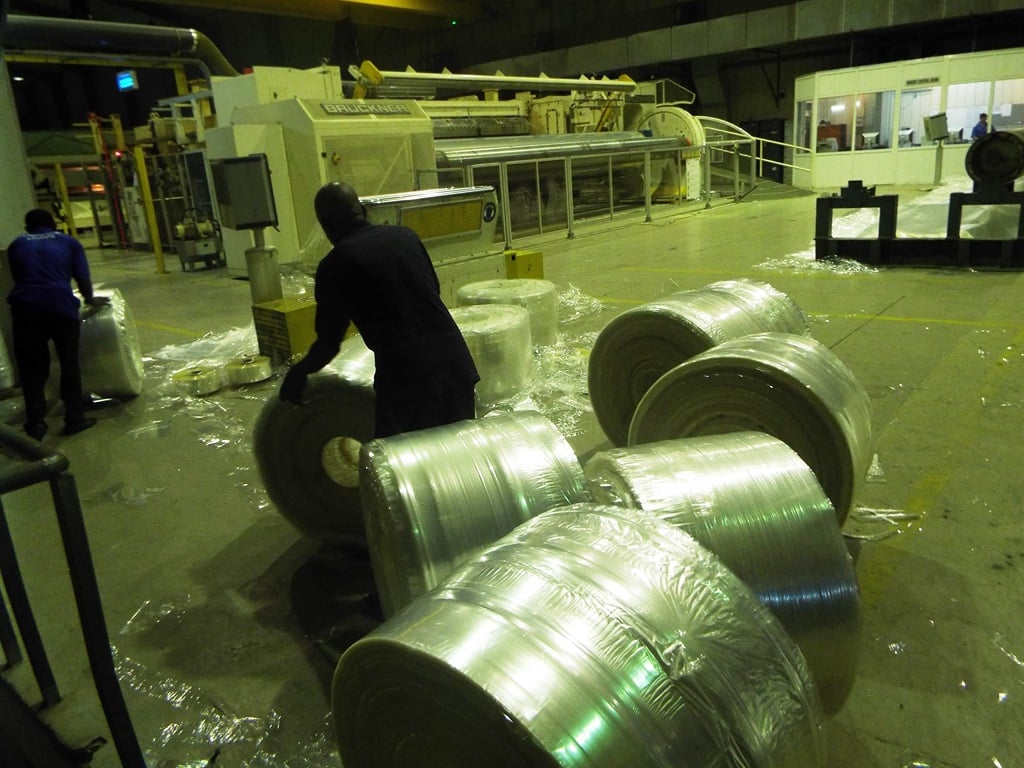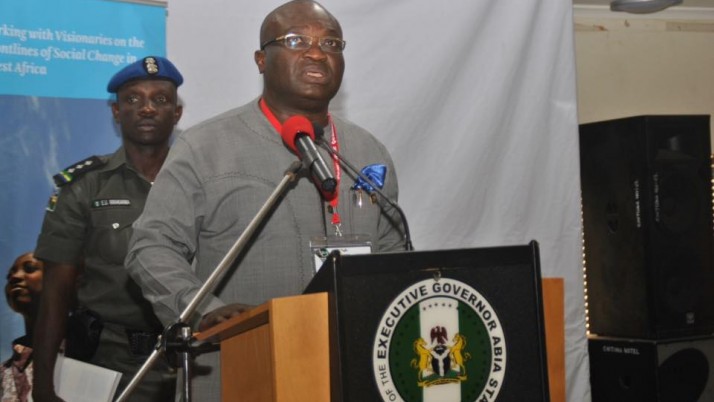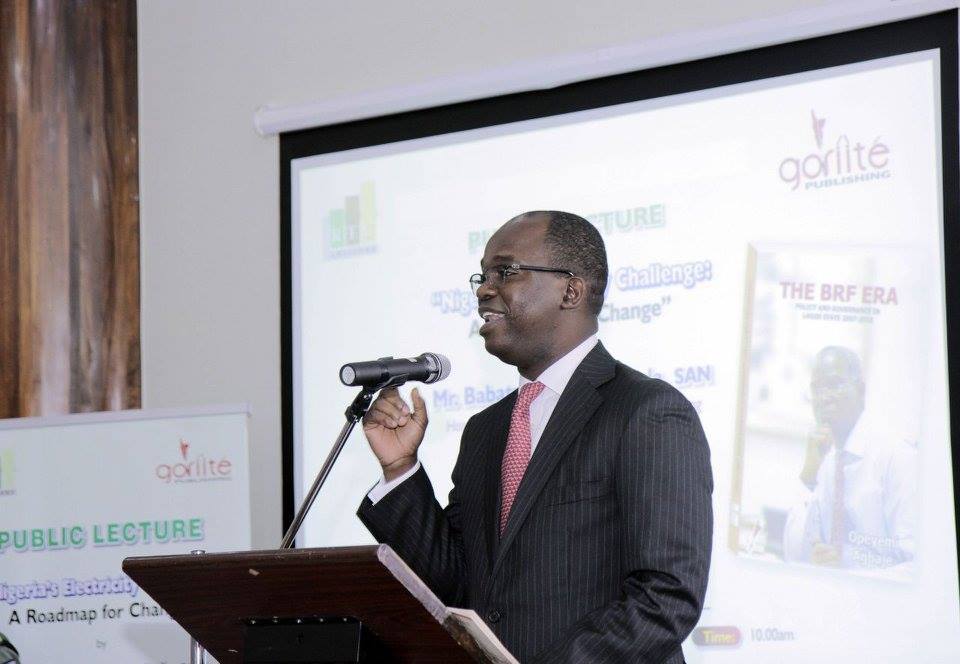If taxes do not kill a small and medium scale enterprise in Nigeria, it is arguable that nothing else can kill such a business.
Taxes in Nigeria are enormous and repetitive, as small businesses pay as much as 33percent of their operating revenue as taxes, with over 20percent of profit also going into taxes.
In context, if a small business operates with a revenue of N1million in a year, the company has to pay as much as over N330,000 in taxes.
According to the World Bank’s Doing Business report 2016, Nigeria ranks 181 of 189 countries in the rank of nations with tax paying burden.
Advertisement
As much as the report does justice to taxes paid in an “investment-friendly” state like Lagos, the report does not cover all the realities of the Nigerian business climate.
TAXES COVERED BY WORLD BANK DOING BUSINESS REPORT
The World Bank says there are only eight countries in the world with a more burdensome tax system than Nigeria. The countries are Bolivia, Central African Republic, Venezuela, Chad, Mauritania, Guinea, Senegal and Congo Republic.
Advertisement
Taxes payable in Nigeria, as listed by the World Bank are:
| Tax or mandatory contribution | Payments (number) | Statutory tax rate | Tax base | Total tax rate (% of profit) |
| Corporate income tax | 1 | 30% | taxable profit | 17.88 |
| Social Security Contributions | 12 | 10% | gross salaries | 9.87 |
| Tertiary education trust fund contribution | 0 | 2% | taxable profit | 2.43 |
| Training Tax | 1 | 1% | gross salaries | 1.13 |
| Employee Compensation Contribution paid by the employer | 12 | 1% | gross salaries | 1.13 |
| Capital gains tax | 1 | 10% | capital gains | 0.47 |
| Tax on money market interest | 0 | 10% | interest income | 0.26 |
| Land Use Charge | 1 | 0.13% | property value | 0.2 |
| Stamp duty on checks | 1 | 5% | 5/1000 of value of check | 0.18 |
| Road license | 1 | NGN 5,000 per vehicle | fixed fee depending on type of vehicle | 0.04 |
| State business levy | 1 | NGN 5,000 | fixed fee | 0.02 |
| Infrastructure Development Tax | 1 | NGN 100 per employee | fixed fee | 0 |
| Value added tax (VAT) | 12 | 5% | value added | 0 |
| Fuel tax | 1 | included in fuel price | 0 | |
| Employee labor tax | 0 | 8% | 0 | |
| National Housing Fund | 12 | 2.50% | gross salaries | 0 |
| Advertising tax | 1 | various rates | 0 | |
| Stamp duty on contracts | 1 | 0 | ||
| Totals: | 59 | 33.4 |
CHARGES PAID BY NIGERIANS ON BANK ACCOUNTS
With burdensome taxes in place, Nigerians and their businesses have to pay fresh charges for bank transactions, which are extremely pivotal to their operations, biting further into their revenues.
The charges are:
Advertisement
- Current account maintenance fee (N1 on every N1,000 transaction)
- Stamp Duty (N50 on every transaction – with few exceptions)
- ATM withdrawal charge (N65 for third monthly transaction outside one’s bank)
- Interbank transfer charge (N105 for every electronic transaction)
- Bill payment (N105 for every bill electronically paid)
- Card maintenance charge (N100 per annum)
- SMS on transactions (N4 per transaction)
- Salary Payment (Negotiable, but not more than N100 per employee)
Asides these charges, the Central Bank of Nigeria is mulling additional charges for bank users in Africa’s largest economy.
The apex bank is proposing a N100-per-month charge on every debit card (your typical ATM card) – separate from the existing N65 charge after the third withdrawal within the same month.
This charge would be N4,200 for foreign currency dominated accounts.
In a guideline by Kevin Amugo, CBN director financial policy and regulation department, the bank also proposed a N50 charge on every bank cheque collected in bank and used over the counter.
Advertisement
This is not the same as the collection charge on cheques, which is also proposed to be “one percent of cheque value or Naira equivalent of US $10, whichever is lower”.
TAXES AND LEVIES PAID BY PRIVATE SCHOOLS IN LAGOS
Advertisement
For other social businesses like privately-owned school in Nigeria’s commercial capital, Lagos, the burden is even heavier.
According to Developing Effective Private Education Nigeria (DEEPEN), a UKID-funded programme in Lagos, privately-owned schools pay as much as 20 different taxes and levies to operate in one of Nigeria’s most investor-friendly states, Lagos.
Advertisement
The taxes and levies as highlighted by DEEPEN are: Waste Management (LAWMA), Radio/TV Charge, PAYE, Business Premises, Land Use Charge, Signage (LASAA), Annual Dues, Name search, Lagos State Education, Management System (LASGEMS), Vehicle documentation – school bus, Development Levy, Safety Pack, Online registration, Tenement Rate, Fumigation Levy, Fire Service, Special Permission Levy, Parking Lot, Exam board, Min of Environment charge, Sports Centre levy, Mobile advert and Local government levy.
Advertisement
Add a comment







